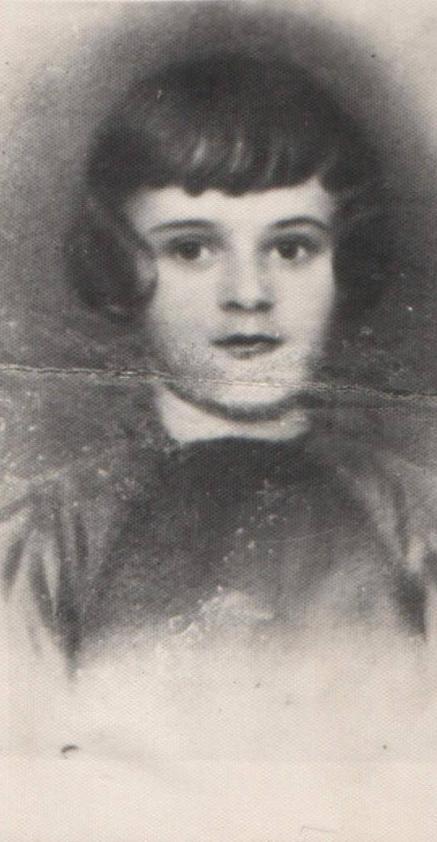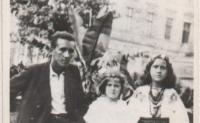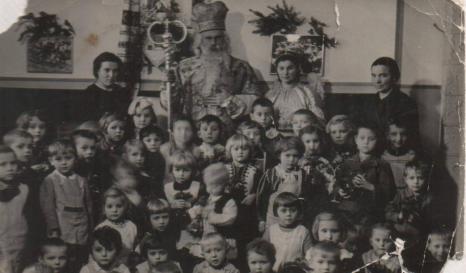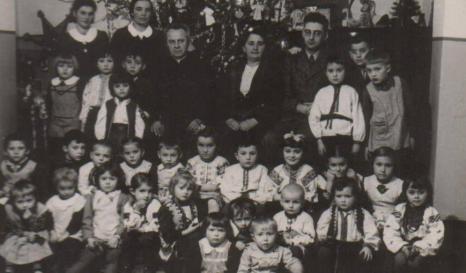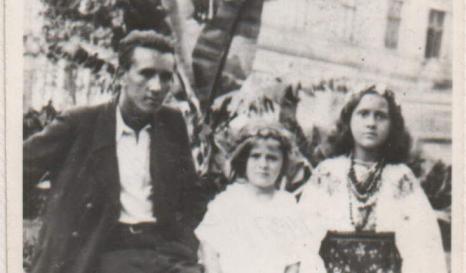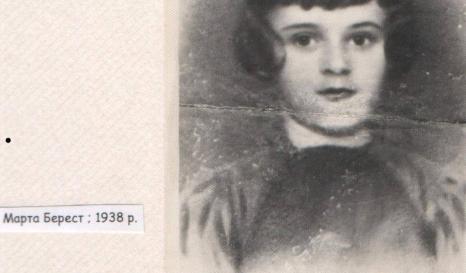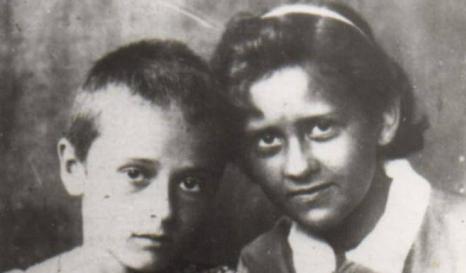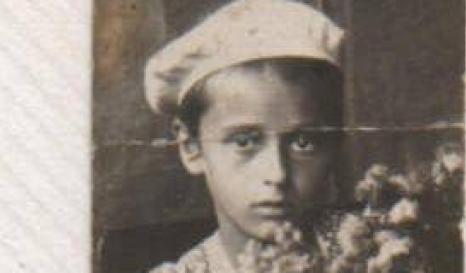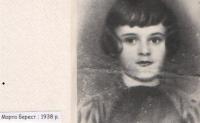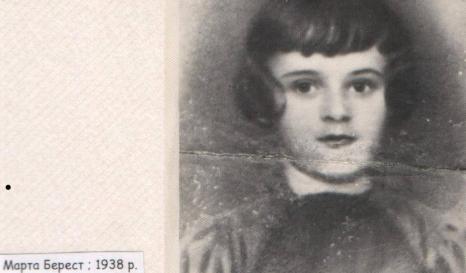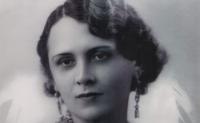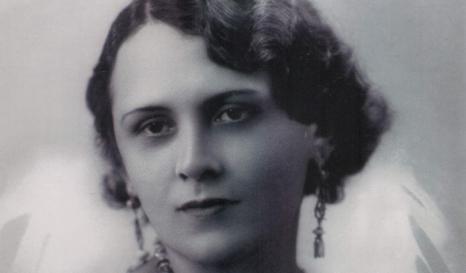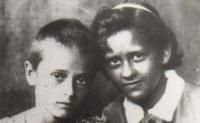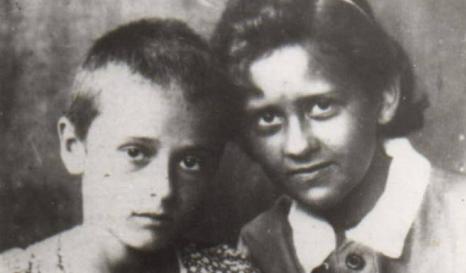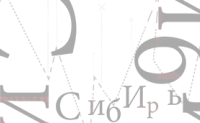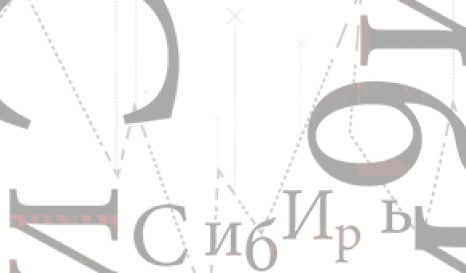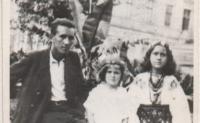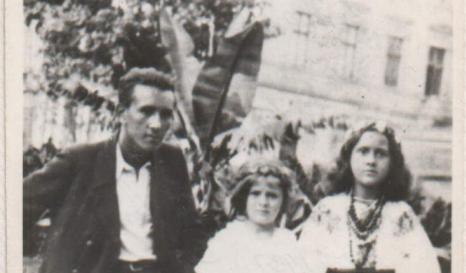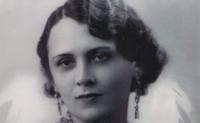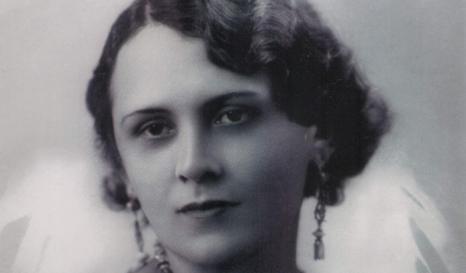BioGraphy
Marta BEREST
Marta Berest was born in Polish Lwów (Russian Lvov, Ukrainian Lviv) in 1933, to a singer and a Catholic priest. When news spread throughout Poland that people were attempting to escape from Soviet Ukraine during the 1933 famine, Marta’s father collected food donations and took them to the border. His efforts were pointless, because the Soviet police claimed this activity was a provocation and any rumours of famine were false.
Soon after the region was annexed by the Soviet Union in 1939, the arrests began. Marta’s father was arrested in early 1940 as an “enemy of the people”. He was shot in 1941, but Marta and her family only found out much later.
In the night of 22/23 May 1941, Marta, her mother and sister were deported as relatives of an “enemy of the people”. There then began a long journey in cattle trucks, particularly hard for Marta, who had measles.
Via Novosibirsk and Tomsk, they reached the village of Novoyugino in Siberia. They were poorly received: the locals called them fascists and they found it hard to get food.
Marta’s mother spoke out against this treatment, accusing the Soviet authorities of being the real fascists, because she was shocked by the deportees’ living conditions. She was informed on by a neighbour and arrested in autumn 1941 in front of Marta and her sister. The girls were left alone, forced to beg for food and forage in the countryside for berries and fish left behind by fishermen.
They were finally taken to an orphanage in the village of Ust-Chizhapka, where Marta began to enjoy meals again. She went to school and learnt Russian. But she was marked out because her father was a priest. Her sister went off to a specialist school for factory-workers.
In 1944, Marta was full of hope: her sister wrote to her saying that their mother would soon be released and they could all go back to Lviv. She said she would meet Marta in the village of Kargasok. At the end of her fourth school year, Marta was sent to Kargasok, where she looked for her mother and sister, and found out they had already left the town. She was put up and employed for a while by the previous director of her orphanage, and a Polish officer protected her.
She then managed to get to Tomsk, where she reunited with her mother and sister. The three of them were sent to a village near Voronezh by the Ukrainian border. Marta’s sister went off to Lviv when her tank factory was transferred there in 1944. As famine loomed, she advised Marta and her mother to escape and join her in Lvov.
So Marta and her mother set off on a long illegal journey. Since they had no valid papers, they first walked for a week and then slipped onto goods trains.
They were just about to arrive in Lviv when the police stopped the goods train they were on and tried to arrest everyone who had no valid papers. Marta pretended to be a Russian boy and so cunningly avoided arrest. Marta and her mother took another train to Lviv, where they arrived in November 1945 and reunited with her sister and grandmother.
In Lviv, the family managed to register officially and Marta completed her education, being careful to conceal her origins.
Marta Berest was interviewed in 2009 by Marta Craveri and Anne-Marie Losonczy.


